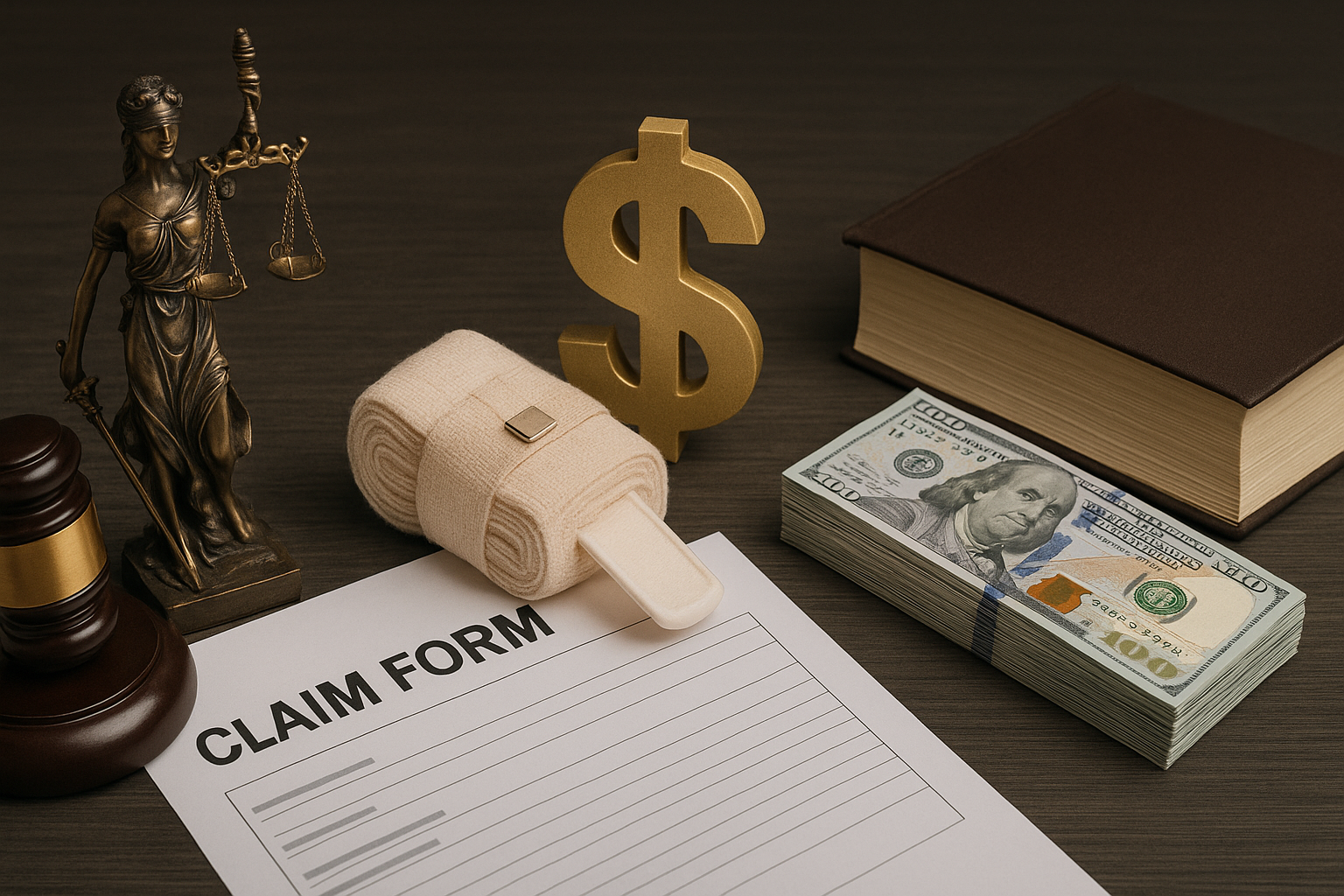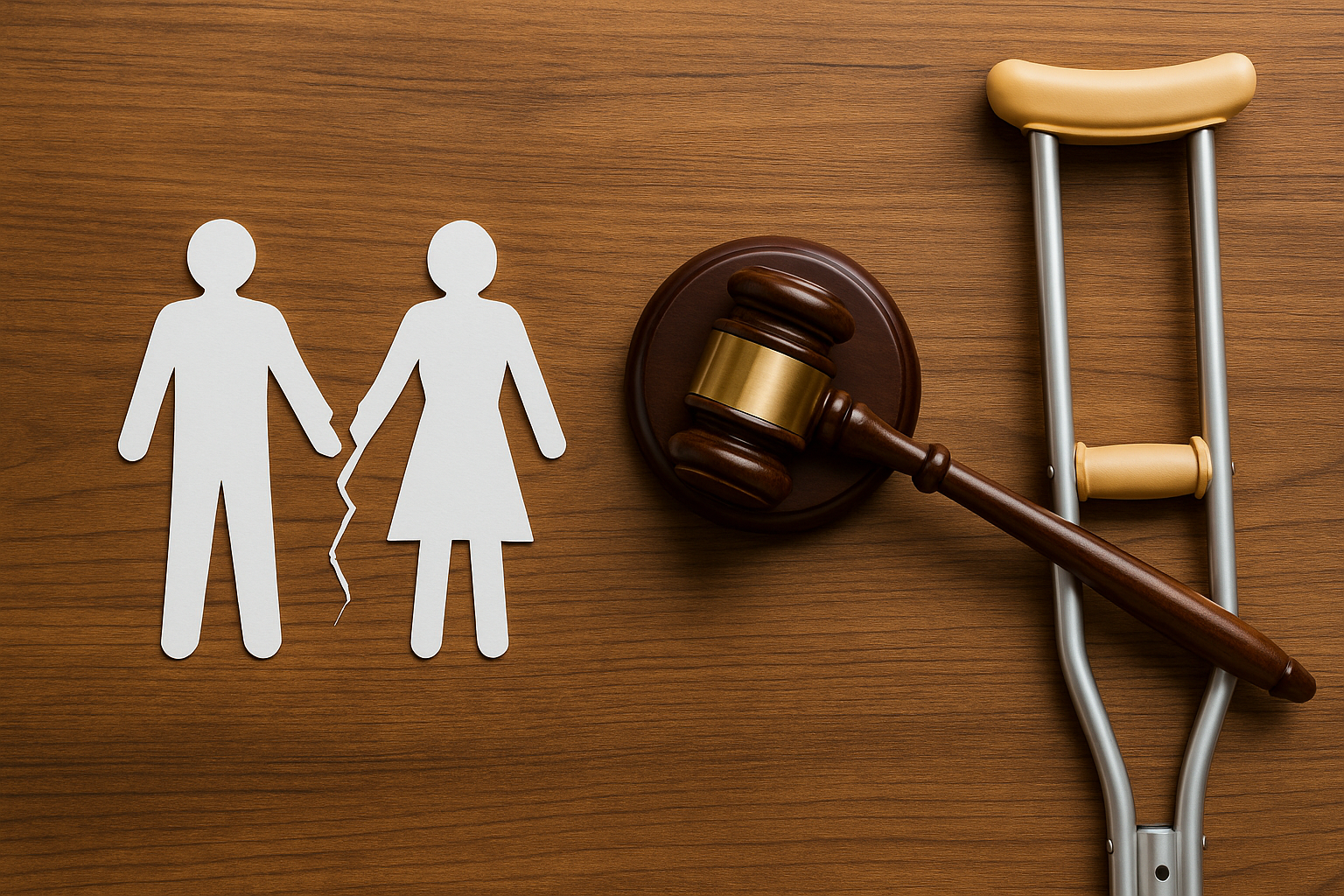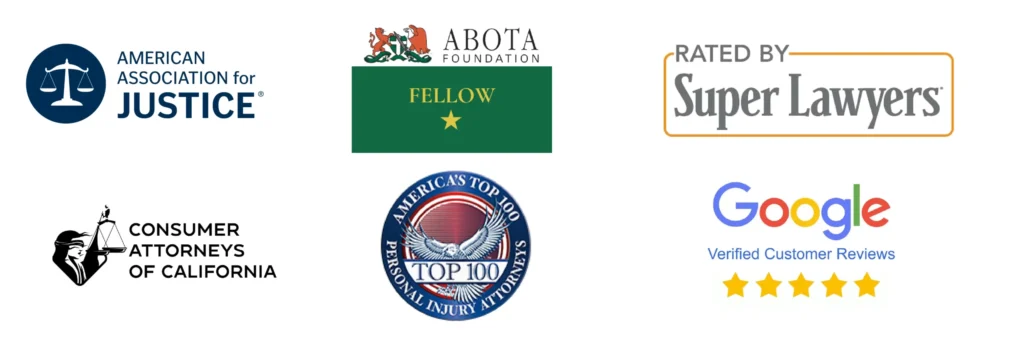Settling a personal injury case quickly may seem like a relief, especially when medical bills and lost wages start piling up. However, understanding why you shouldn’t settle an injury case too early is critical. Accepting a fast payout can leave you without the compensation you truly deserve, especially if future medical costs or long-term damages arise later.
The risks of quick settlements
Insurance companies often pressure victims to accept early offers. Their priority is to close cases quickly while limiting payouts. By agreeing too soon, you could miss out on compensation for medical treatments, lost wages, or long-term care that develops after the case is closed.
Many injuries are not immediately obvious. Conditions like whiplash, traumatic brain injuries, or internal bleeding may take time to diagnose. If you accept an early settlement, you could be left paying for treatments or ongoing care that should have been covered by the responsible party.
Quick settlements also prevent a full investigation into your case. Without proper time to gather evidence, consult medical experts, and review damages, your claim is likely undervalued. What feels like a short-term solution may create financial challenges for years to come.
Why patience matters in injury cases
Taking the time to fully assess your injuries and build your case is critical to ensuring fair compensation. Rushing into a settlement often means missing important details that could significantly affect the value of your claim. Patience allows both your doctors and your attorney to gather the information needed to protect your future.
Here’s why waiting benefits your case:
- Accurate medical evaluation: Doctors may need weeks or months to confirm the seriousness of your injuries and identify potential long-term complications.
- Stronger legal foundation: Your attorney gains time to collect records, consult experts, and secure witness statements, creating a more compelling claim.
- Better negotiating leverage: Insurance companies are less likely to make lowball offers when faced with a well-documented case supported by evidence.
Understanding the tactics of insurance companies
Insurance adjusters are trained to minimize payouts. They may contact you shortly after the accident with a “take-it-or-leave-it” offer that seems appealing in the moment.
These early offers are rarely fair. They often fail to account for long-term medical treatments, ongoing therapy, or lost earning capacity. By accepting them, you may unintentionally give up your right to pursue additional compensation when future expenses begin to surface.
Another common tactic is creating pressure by emphasizing urgency or questioning the seriousness of your injuries. Adjusters may even suggest partial fault to reduce their liability. Without legal representation, these strategies can be effective, leaving you with far less than you deserve.
Learn More: How Insurance Adjusters Undervalue Injury Claims
Damages that can be overlooked in early settlements
If you settle early, you risk losing out on compensation for several categories of damages. Some of the most commonly overlooked include:
- Future medical treatments such as surgeries or physical therapy
- Loss of earning potential if injuries affect your career long-term
- Emotional distress and pain and suffering
- Costs of ongoing rehabilitation or specialized care
Each of these areas can add significant value to your claim if properly calculated before settlement.
Comparing early vs. delayed settlements
Here’s a simple comparison to show how waiting can impact outcomes:
| Settlement Timing | Potential Compensation | Risks |
|---|---|---|
| Early Settlement | Small lump sum | Missed future medical costs, undervalued pain and suffering |
| Delayed Settlement | Comprehensive payout | Takes more time |
The table highlights that while waiting requires patience, it typically results in fairer, more accurate compensation.
When does early settlement make sense?
There are situations where settling may be appropriate. If your injuries are minor, recovery is complete, and long-term complications are unlikely, a settlement can provide a quick resolution. This saves time and avoids lengthy legal proceedings that may not significantly increase compensation.
Here are common scenarios where settlement may be the best option:
- Avoiding emotional stress of trial: Litigation can be lengthy and emotionally draining. Settling allows closure and helps you focus on healing rather than reliving the trauma in court.
- Minor injuries with full recovery: When injuries heal completely and no long-term medical issues are expected, settlement can resolve the case quickly and efficiently.
- Clear liability: If evidence strongly supports your claim and the insurance company accepts responsibility, settlement can bring certainty without the need for trial.
- Undisputed damages: When medical expenses, lost wages, and other losses are clearly documented and agreed upon, settlement can reflect fair compensation without delays.
- High legal costs compared to recovery: If the costs and risks of trial outweigh potential gains, settlement ensures you receive compensation without reducing your net recovery.
What to consider before accepting a settlement
Before saying yes to an offer, ask yourself:
- Have my injuries been fully evaluated?
- Do I know the long-term costs of treatment?
- Have I consulted with an attorney about the offer?
- Am I being pressured to sign quickly?
If the answer to any of these is uncertain, it’s best to wait.
How an attorney protects your rights
An experienced personal injury attorney ensures you don’t sign away important rights too early. They carefully review settlement offers and calculate the true value of your case, including medical bills, lost wages, and potential future expenses. This prevents you from accepting less than you deserve.
Attorneys also handle direct communication with insurance adjusters. By negotiating on your behalf, they shield you from high-pressure tactics and strategies designed to minimize your claim. This allows you to focus on recovery while knowing your case is being managed professionally.
In addition, a lawyer can prepare your case for trial if negotiations fail. The possibility of litigation often encourages insurers to make stronger offers. With legal representation, you have protection at every stage and the leverage needed to pursue full and fair compensation.
Let Knapp Moss guide you
At Knapp Moss, we understand the frustration and stress that come with personal injury cases. Our attorneys carefully evaluate your situation, ensuring no detail is overlooked.
We fight to maximize compensation, whether that means negotiating stronger settlements or taking your case to trial. Don’t settle for less than you deserve.
Contact Knapp Moss today to discuss your case.
Frequently Asked Questions
They aim to minimize payouts. By offering money quickly, they hope victims will accept less before knowing the full extent of their damages.
There’s no universal timeline, but it’s best to wait until doctors confirm your medical condition and your attorney has assessed all damages.
Usually, no. Once you sign a settlement, it’s final. That’s why it’s important to wait until the full impact of your injuries is known.




